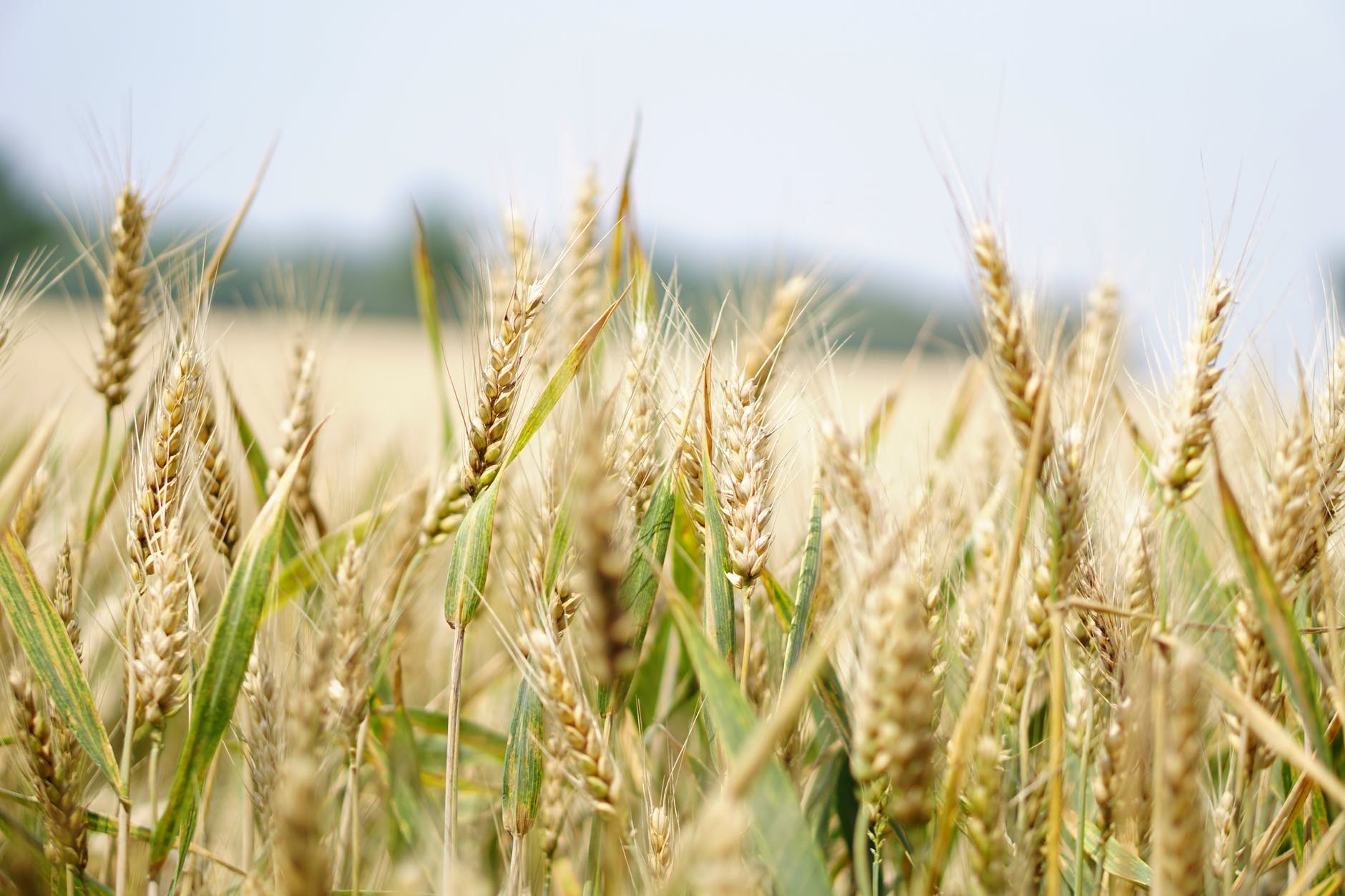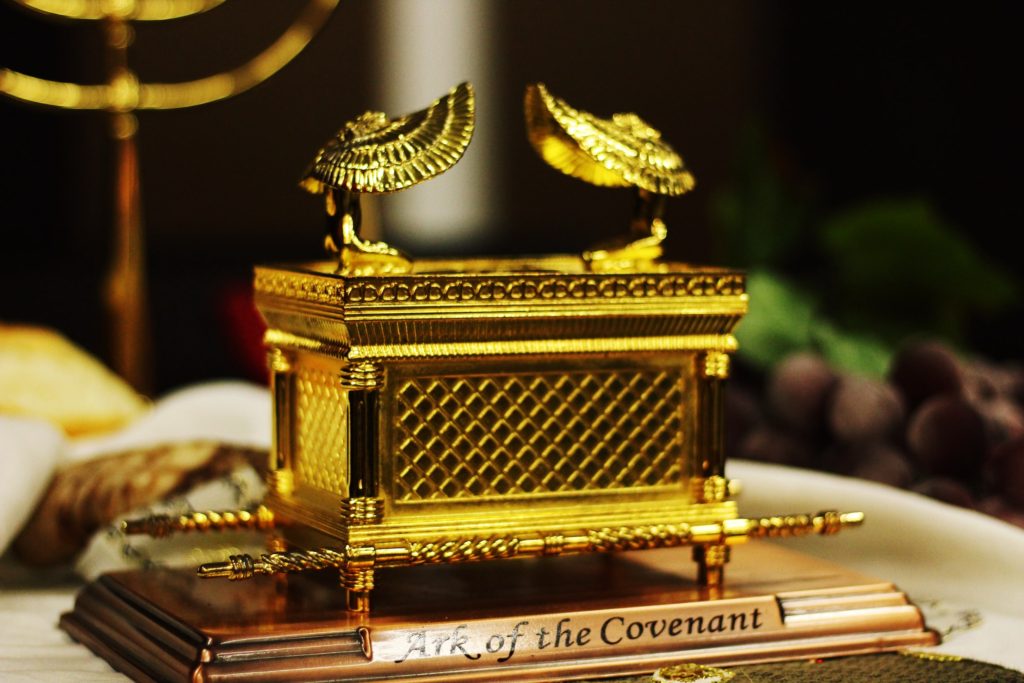I sat wide eyed with steely resolve.
I can do this. I can be brave.
The surgical knife made a deep cut across the abdomen, exposing organs that I hoped would be put back in the right place. Intestines peeked out from the incision, coated in rich red blood.
Nope. I was wrong. I couldn’t stomach it.
I left my armchair and rushed to kitchen to compose myself. My desensitization experiment on myself was a total failure.
I’m still at a loss for how my husband can watch medical programs like RPA (Royal Prince Alfred Hospital) while finishing off a bag of microwaved popcorn, completely unfazed. Is he a sick man? Maybe.
There are many people just like him, who are fascinated by the intricacies of the human body. It’s why these shows rate so well. Let’s not forget the ingenuity, brilliance and skill highlighted by the doctors, nurses and paramedics saving lives under pressure, which makes for excellent viewing.
As for me, anytime there’s a bloody scene, real or dramatized, on a TV show, I duck and cover my eyes with both hands. I might steal a glance through gaps in my fingers, but I usually beg my husband or kids to tell me when the gory bits are over.
And the funny thing is—red happens to be my favorite color. Yet, I get squeamish when it’s oozing, spilling or gushing out of someone. . .or some creature.
The Nation of Israel
When God was building the nation of Israel, he declared that even his dwelling place amongst them—the tabernacle—could be polluted by imperfect, sinful priests when they went to perform their duties.
The tabernacle needed cleansing, and God’s people needed cleansing from sin.
Animal Sacrifice
The slaying of bulls, goats and sheep on sacrificial altars was not unheard of in the land of Canaan.
The pagan nations surrounding Israel regularly offered animal sacrifices to their gods, but their worship was immersed in perverse practices including cultic prostitution.
However, for the nation of Israel, sacrificial worship to the one true God placed strong emphasis on high moral values.
At the forefront of their worship was this truth—the holiness of God.
For God’s chosen people, each time an animal was sacrificed it served as a stark reminder of the seriousness of sin.
They could not offer to God an animal which was blind, lame, diseased or blemished in any way. The sacrificial animal had to be perfect.
The animal’s life was given in exchange for the penalty of sin which was death.
The guilty person would place their hands on the head of the animal to identify with it.
Looking into the eyes of the innocent creature as its throat was slit, and watching its rich red blood spill out served as a vivid reminder that the animal was dying in their place for their sin.
The innocent must die for the guilty.
Without shedding of blood is no remission (forgiveness of sins) Hebrews 9:22b
The blood was sprinkled on the altar which would allow the person offering the sacrifice to come within the range of God’s favour.
When the animal sacrifice came to be burned on the altar it signified the complete surrender of the guilty person to the purifying fire of God’s holiness and love. Body and soul were protected from God’s wrath and brought into the grace of God.
This ritual points to Christ offering himself for every sinner. This is easy for us to recognise in the New Testament.

Offerings of Thanksgiving
However, there were other types of offerings in the Old Testament that didn’t involve the shedding of blood.
Grain offerings were brought with burnt or peace offerings or by themselves. As an act of voluntary worship it recognised God providing earthly blessings for his people. It was a way to express thanks.
Grain, flour, and cakes without leaven represented the main support of life. Oil was poured as the symbol of richness. Part of the grain offering was burned, the rest belonged to the priests. Drink offerings accompanied grain offerings.

A Fellowship Offering would end with a sacrificial feast in order for the worshipper to have a meal with God. Part of the offering would be given to God and the other part eaten by the person making the offering.
It was a way to thank God for the enjoyment of his provision and to be assured of their continuance. The animals were unblemished oxen or smaller cattle. These sacrifices were always offered with a grain and drink offering.
Modern sacrifice
Imagine our churches packed with worshippers carrying bleating lambs in their arms, or leading goats or calves down the aisle if the Old Testament sacrificial system was still in place. It makes me even more thankful for the finished work of Christ on the cross.
Though we’re not required to slay livestock or bring grain, bread, oil and drink offerings, we can still make sacrificial offerings to the Lord.
We can offer him our sincere praise for all that he is to us, and for all that he has done.
By him therefore let us offer the sacrifice of praise to God continually that is the fruit of our lips giving thanks to his name. Hebrews 13:15
We can help others by sharing what we have to those in need, encouraging someone who’s feeling disheartened, spending time with a shut-in, or any number of things to bless and enrich the lives of our fellow man.
But to do good and to communicate forget not: for with such sacrifices God is well pleased. Hebrews 13:16
You know what else we can sacrifice?
Ourselves—our lives in complete surrender to him and his will.
I beseech you therefore, brethren, by the mercies of God, that ye present your bodies a living sacrifice, holy, acceptable unto God, which is your reasonable service. Romans 12:1
What have you offered to God, lately?
Bibliography
The Quest Study Bible, 1994, Zondervan Publishing House, Michigan.
Unger, M.F. 1988, The New Unger’s Bible Dictionary, Moody Press, Chicago.



That was really interesting to read, Miss. It was as different to what you usually wrote, but in a good way. I learned a lot about physical, emotional and spiritual sacrifice and how we can sacrifice our bodies and our praise to the Lord.
Really loved it miss.
Can’t wait for the next one ????
Hello, just trying different styles to keep the articles fresh. Again, thanks for your comments.